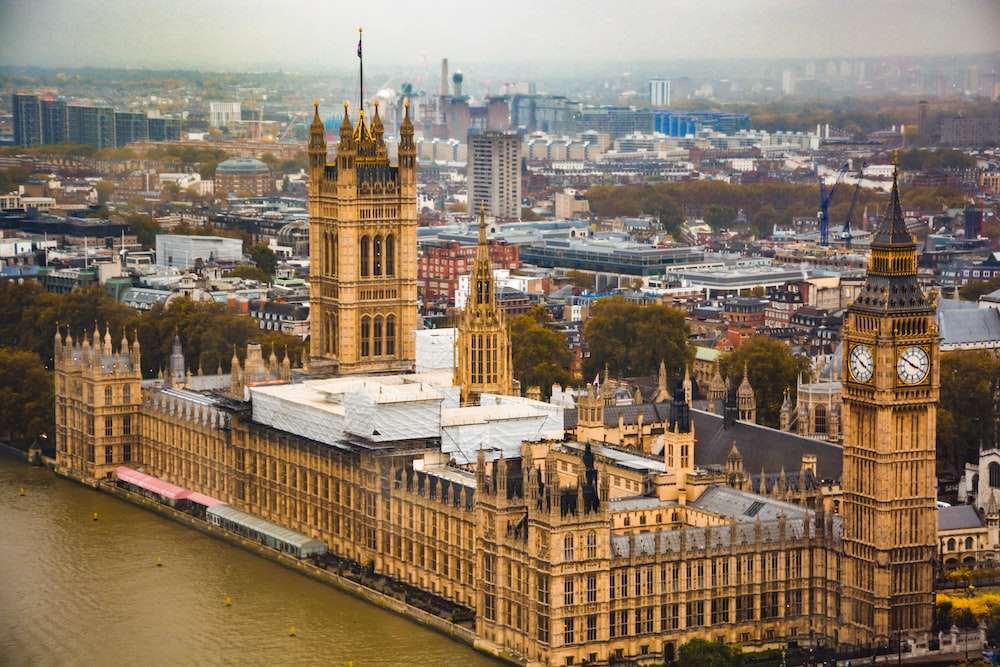Brexit? We’ve not heard that word mentioned for a while. During the first 6 months of pandemic madness we can forgive ourselves for putting talk of Brexit on a back-burner. COVID-19 has affected the entire globe, forcing an end to life as we knew it, not to mention hitting the aviation industry hard. On both a business and personal level we’ve had to adjust to life in lockdown and adapt to homeworking where it’s been possible. It’s been anything but easy!
Nevertheless, plans for the UK to leave the EU at midnight on 31st December 2020 have not paused and time waits no one. Aircraft owners need to start considering the implications Brexit will have for their aircraft.
In this short article we will:
- ask ourselves what leaving the EU with or without a trade deal could mean for the VAT status of business aircraft imported into the UK or the EU,
- consider whether or not aircraft will lose their imported status, and
- explain what action will need to be taken in the event of each scenario.
What does leaving the EU with or without a trade deal (a hard or soft Brexit) mean for the VAT status of business aircraft that have been imported into the UK or the EU?
It is widely believed that Britain leaving the EU will result in one of two scenarios:
- A “hard” Brexit resulting in two separate VAT areas: one for the UK and Isle of Man and another for the EU; or
- A “soft” Brexit resulting in a shared VAT area for the UK, Isle of Man and EU
The two separate authorities will have the freedom to interpret their VAT rules how they please. We can almost certainly say that the Governments involved will not abandon their own VAT regimes or change the way their VAT systems function, so there is no reason for us to assume that VAT principles or interpretations will change radically for the most part.
Even so, we need to know what changes will be made (if any) and how the two separate authorities are willing to interact with each other; will it be the case that whatever one side does, the other side will reciprocate? What could this mean for business aviation?
Unfortunately we are not likely to hear the answers to such questions until much closer to decision day. In consequence we are left needing to take all eventualities into consideration and plan for both a “hard” and “soft” Brexit. To do this we must ask the following question:
Will the VAT area or areas that exist post-Brexit honour the pre-Brexit import and VAT treatment of the aircraft that are already imported?
We need to ask this question and to understand whether aircraft may fly into the new VAT area/areas without the need to re-import the aircraft into either the UK and/or the EU. If the existing import will be honoured by both jurisdictions this is known as “grandfathering”. To rephrase in technical terms, we need to ask ourselves whether in the case of a “hard” or “soft” Brexit, whether or not “grandfathering” rights will be granted.
What would it mean if grandfathering rights are or are not honoured and what might you be required to do?
Scenario 1: Grandfathering rights are granted
If grandfathering rights are granted then, if your aircraft is currently imported into the UK, Isle of Man or EU, it will not need to be re-imported. You will be able to continue your ownership/operation as before without taking any action.
Scenario 2: Grandfathering isn’t granted – then what?
If the current ownership/operation is changed then your aircraft may need to be re-imported into one of the two new VAT areas.
If you are left without “grandfathering” rights for an existing, imported aircraft, or similarly if you are facing the prospect of having a new aircraft to import and account for VAT in a post-Brexit world, then you may at first glance think you need to have two parallel structures in place in two different VAT areas to deal with the VAT requirements of both the UK and Isle of Man and the EU. Thankfully, this isn’t the case!
There are ways to import a business aircraft into the two VAT jurisdictions (UK and IOM and the EU) that does not require more than one owning/leasing company to be incorporated and does not require you to change your ownership or aircraft registration. Martyn Fiddler Aviation have multiple well-established, existing solutions that can be used with ease by aircraft owners facing the need to re-import their aircraft, whether that be through the route of a permanent import or the use of Temporary Admission or various other Special Customs Procedures, there will be a solution on offer to suit everyone when the time is right to act.
Take advice as early as possible – don’t wait until Brexit…
The key message of this article is that there are solutions available to resolve the import status of your aircraft following Brexit. However, due to the political flux between the UK and EU, we will not know the outcomes of the negotiations before they are officially announced.
With that in mind you should be seeking to get your advisory team on board in good time to anticipate your aircraft options so when clarity is given we can act fast to minimise disruption and maintain your schedule.
Should you wish to speak to someone about your concerns for your own or your clients aircraft, please do not hesitate to get in touch with our tax experts at Martyn Fiddler Aviation.



